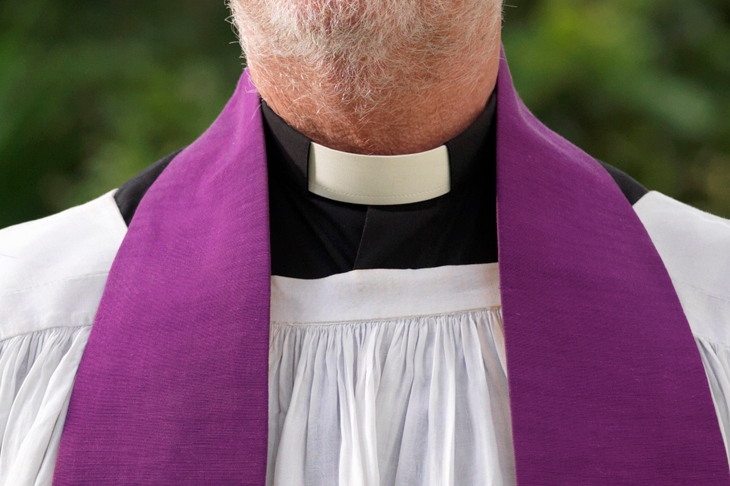I have mixed feelings about ‘the Reverend Richard Coles’, whose new memoir I have just read. It’s great that a vicar has such high visibility – and why shouldn’t there be one or two luvvie-priests, who mix smoothly with celebs? And I have no doubt that he combines this with being an excellent parish priest, preaching great sermons, patiently attending to the needy (in a way that the rest of us don’t).
And yet…how shall I put this? It’s not totally ideal that the most famous vicar of our day represents the camp-smug-gossipy wing of the church. His love of vestments and incense and saucy humour is in a long and venerable-ish Anglican tradition. And he is a nice, gentle, wise face of this tradition: he’s well aware of its potential ghastliness. And yet, he exemplifies its air of complacency. He gives the impression that the C of E is fundamentally in fine fettle – for look what a fun existence it can support! Look what old-fashioned larks we clergy (we in this particular clique) have! Look what a rich flavour of gossip we enjoy!
Am I having a go at gay clergy? Partly: there is an air of self-righteousness in this subculture, which overlaps with gay-rights culture in general. At one point he relates being at a wedding at which the bride’s father ‘made a speech expressing the view that life came down to this: the bringing together of man and wife in holy matrimony, for the begetting of children, in the turning circle of life. I was sitting on the gay table and a friend whispered in my ear, “It’s not really for the likes of us, is it?”.’ For me this sums up gay chippiness. Is it illegitimate to celebrate heterosexual love these days?
My wider niggle is that he is too comfy in the culture of high-church Anglicanism. I suppose this niggle stems from my own ambivalence. I admire this tradition, but in an anxious way. I see it as a glorious thing that is failing to renew itself, that needs radical reinvention of some sort. For these old forms are inadequate communicators of Christ to our culture – they are not working well enough. Should we not strive to reinvent them, rather than rejoice in their quirky beauty? I approve of priests who are committed to these old forms, but I particularly approve of those who, while serving them, are uneasily aware of how alienating they can be.
As it happens I have also just read an excellent new book of essays in which vicars do reflect on exactly this: on the uphill struggle of their calling, and the need to admit that certain inherited forms are dying (For God’s Sake, edited by Jessica Martin and Sarah Coakley). The best of these essays are written by vicars who cheerfully affirm their tradition, but refuse to find it a comfy little niche.







Comments